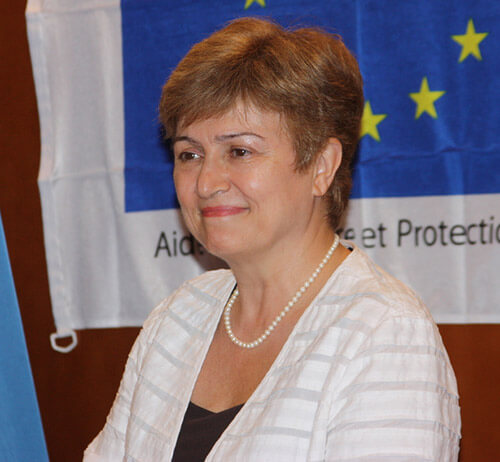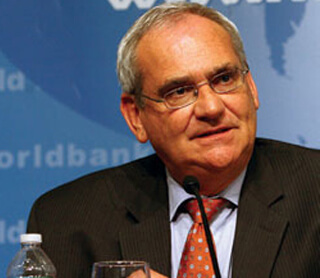Plan includes better-adapted homes, schools and infrastructure, plus investment in “climate-smart” agriculture and water management
THE World Bank Group has announced a new set of climate targets for 2021-2025, doubling its current five-year investments to $200 billion in support of countries taking ambitious action.
The plan boosts support for adaptation, recognising climate change’s mounting impacts on lives and livelihoods.
“Climate change is an existential threat to the world’s poorest and most vulnerable,” said group president Jim Yong Kim. “We are pushing ourselves to do more and to go faster on climate change, and we call on the global community to do the same.
“This is about putting countries and communities in charge of building a safer, more climate-resilient future.”
About $100 billion of the new total comes in direct finance from the World Bank (IBRD/IDA), the rest from combined direct finance from the International Finance Corporation (IFC), the Multilateral Investment Guarantee Agency (MIGA) and private capital mobilised by the World Bank Group.
A key priority will be increased support and recognition for millions of people facing the consequences of extreme weather events. By ramping-up direct adaptation finance to reach around $50 billion over FY21-25, the bank will – for the first time – give this an emphasis to equal emissions-reduction investments.

World Bank CEO Kristalina Georgieva said the funding would be used to build better-adapted homes, schools and infrastructure, and invest in “climate-smart” agriculture, water management and social safety nets.
Adaptation will be undertaken systematically, with a new rating system to track and incentivise global progress. Actions will include supporting higher-quality forecasts, early warning systems and climate information services to better prepare 250 million people in 30 developing countries for climate risks.

“There are literally trillions of dollars of opportunities for the private sector to invest in projects that will help save the planet,” said IFC CEO Philippe Le Houérou. “Our job is to go out and proactively find those opportunities.”
The new targets build on the bank’s 2016 Climate Change Action Plan. In 2018, the World Bank Group provided $20.5 billion in finance for climate action, meeting its 2020 target two years ahead of schedule.
Key sectors will include energy improvement, assistance for 100 cities to achieve low-carbon emissions, resilient urban planning and transit-oriented development. Food and integrated landscape management covering up to 120 million hectares of forests in 50 countries.




























